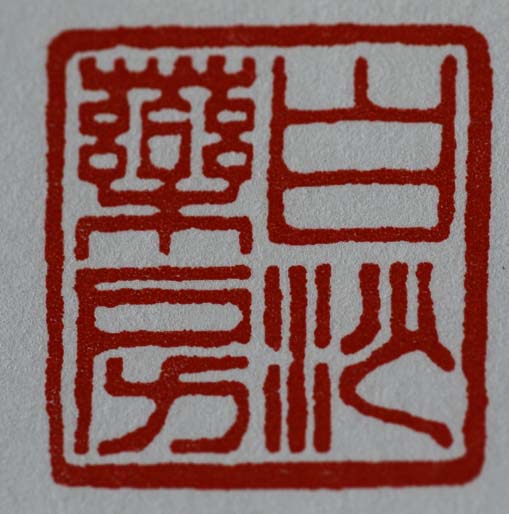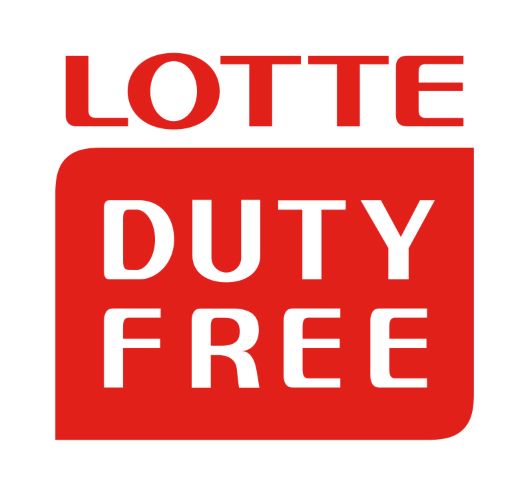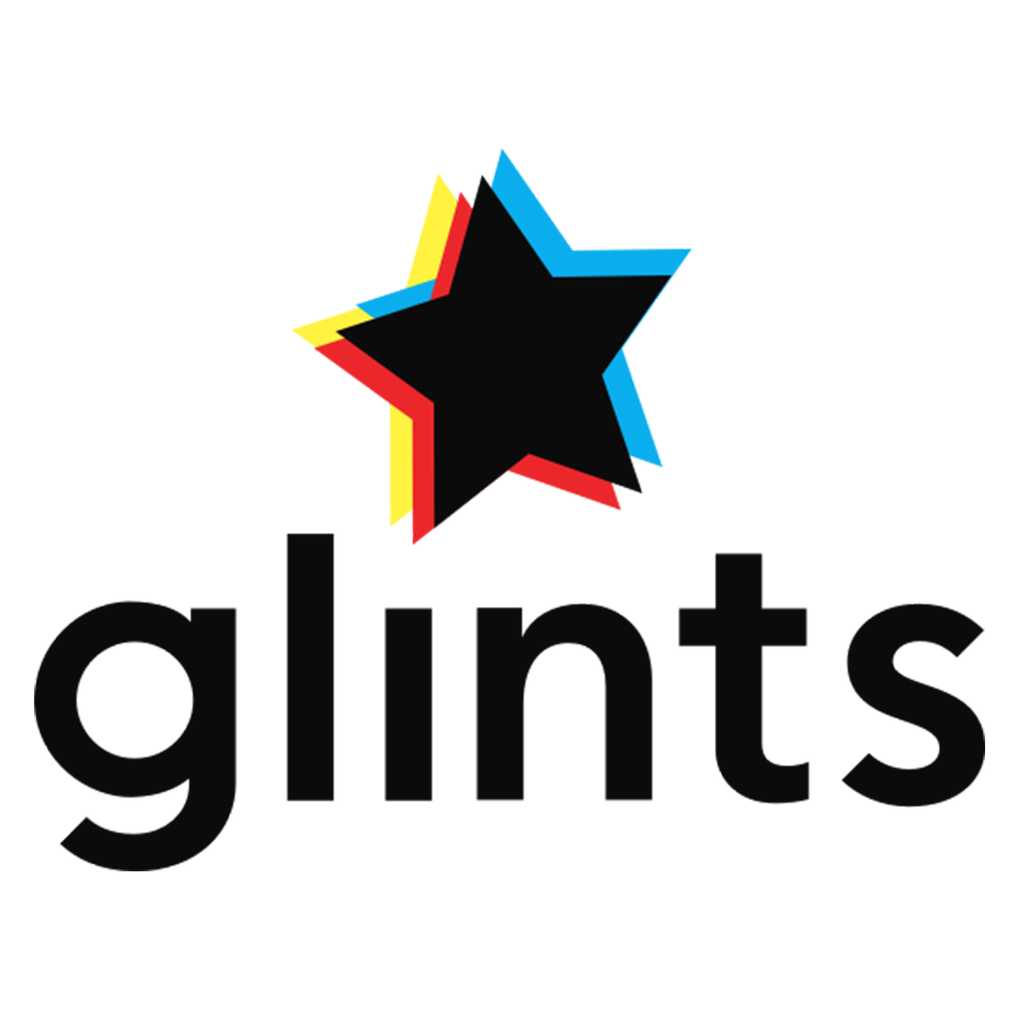Who are we?
We are the University of Cambridge’s presence in Singapore, Cambridge CARES. Our activities are sponsored by the National Research Foundation’s CREATE programme. Our first research programme, the Cambridge Centre for Carbon Reduction in Chemical Technology (C4T), is a collaboration between the University of Cambridge, Nanyang Technological University and the National University of Singapore.
Our team is comprised of world-class scientists and engineers working in a vibrant, fast-paced environment with great opportunities for knowledge and skills development.
The project:
In the context of the multi-partner project HYCOMBS (https://www.cares.cam.ac.uk/research/hycombs/), which is part of Singapore’s CREATE investment in Decarbonisation (https://www.nrf.gov.sg/files/Media_Release_CREATE_Decarbonisation_Challenge_with_ANNEX_A__B_final.pdf), a large number of positions have become available to research hydrogen and ammonia combustion.
The project is a collaborative effort between CARES, CNRS, NTU, NUS, NTNU (National Technical University of Norway) and Tohoku University (Japan). All the positions are held in Singapore and will normally last 2 years in the first instance, with the possibility to extend if funding is available. The successful candidate will be working under the academic supervision of one of the project’s partners depending on the particular skills and interests of the researcher. Short stays in Japan, France and Norway for working in the partner laboratories are envisaged for some of these positions. In the first instance, your application will be reviewed by CARES and re-directed to the appropriate institution and Primary Investigator.
CARES: www.cares.cam.ac.uk
Tohuku University: https://www.ifs.tohoku.ac.jp/eng/
CNRS: https://www.cnrsatcreate.cnrs.fr/
NTNU: https://www.ntnu.edu/ept
NUS: https://cde.nus.edu.sg/me/
NTU: https://www.ntu.edu.sg/mae
Who are we looking for?
We are seeking highly motivated combustion researchers to work in the following areas:
1) Kinetics: (i) Experiments with flow reactors and laminar flames. The successful applicant will be skilled in analytical combustion chemistry systems such as gas chromatography and laser detection; (ii) Development of detailed and reduced chemical mechanisms. Experience in combustion chemistry modelling is needed.
2) Laminar and turbulent flame fundamentals: (i) Experiments with laminar pulsed and turbulent swirl flames. Skills in flame rig design, laser diagnostics and optical methods for flames are needed. (ii) Modelling with combustion Computational Fluid Dynamics (DNS, LES), with experience in the fundamentals of turbulent combustion, CFD and massively-parallel computations.
3) High-pressure combustion: Experiments and simulations for reciprocating engines and gas turbines. For the experimental positions, the successful candidate must be skilled in optical diagnostics, engine combustion, swirl combustion, fluids handling and data analysis. For the modelling positions, experience in CFD of engines or gas turbine combustors is a prerequisite.
4) Detonations and ignition risk analysis with CFD. The position involves high-order CFD methods for capturing detonations and turbulent flow analysis for ignition. The successful candidate must be experienced with CFD.
What skills will you need?
All positions require a PhD or equivalent research experience in a combustion topic relevant to the above areas, strong motivation to work in a multi-national collaborative team, and extensive experience with report writing, journal publications, and presentations to academic and industrial settings. Connections with industry are part of the project so the researchers will have the opportunity to collaborate with industrial R&D. The experimental positions need strict adherence to Health & Safety protocols and experience in developing experimental facilities at a professional level.
What can we offer you?
· A stimulating working environment with friendly, highly motivated colleagues
· A competitive salary in line with your skills and experience
· Comprehensive medical insurance coverage as part of your employment
Please note this post is mainly based in the CREATE Tower at NUS University Town, Singapore.
How to apply?
Please apply by uploading your CV and academic transcript to https://jobs.swagapp.com/jobs/cambridge-cares-research-fellow-mechanicalchemical-engineer-for-hycombs. If you have any questions, please feel free to reach out to the HR team at [email protected].









%20PTE.%20LTD..jpg)














